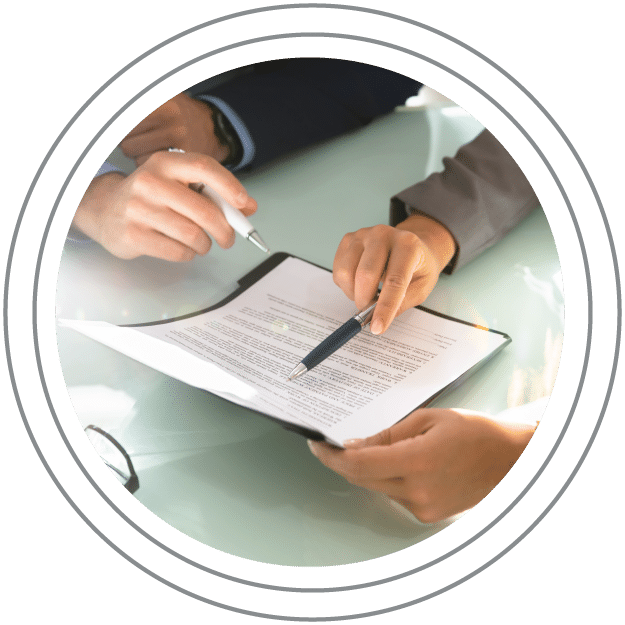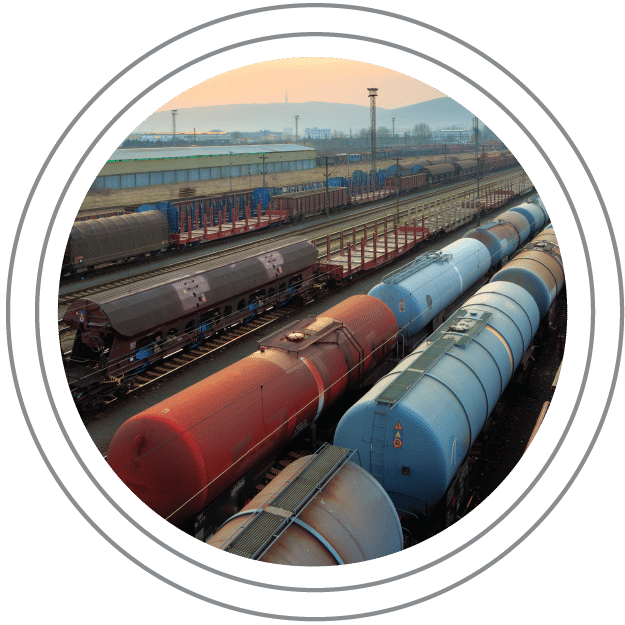APPROACH
Enabling a More Sustainable Future
Our vision is to be a world-leading specialty polymer & biobased chemical solutions supplier, delivering sustainable growth by leveraging our innovation & diverse culture.
CRITICAL SUCCESS FACTORS
Our Core Values are the pillars that drive us to make a Positive Difference in the world around us.
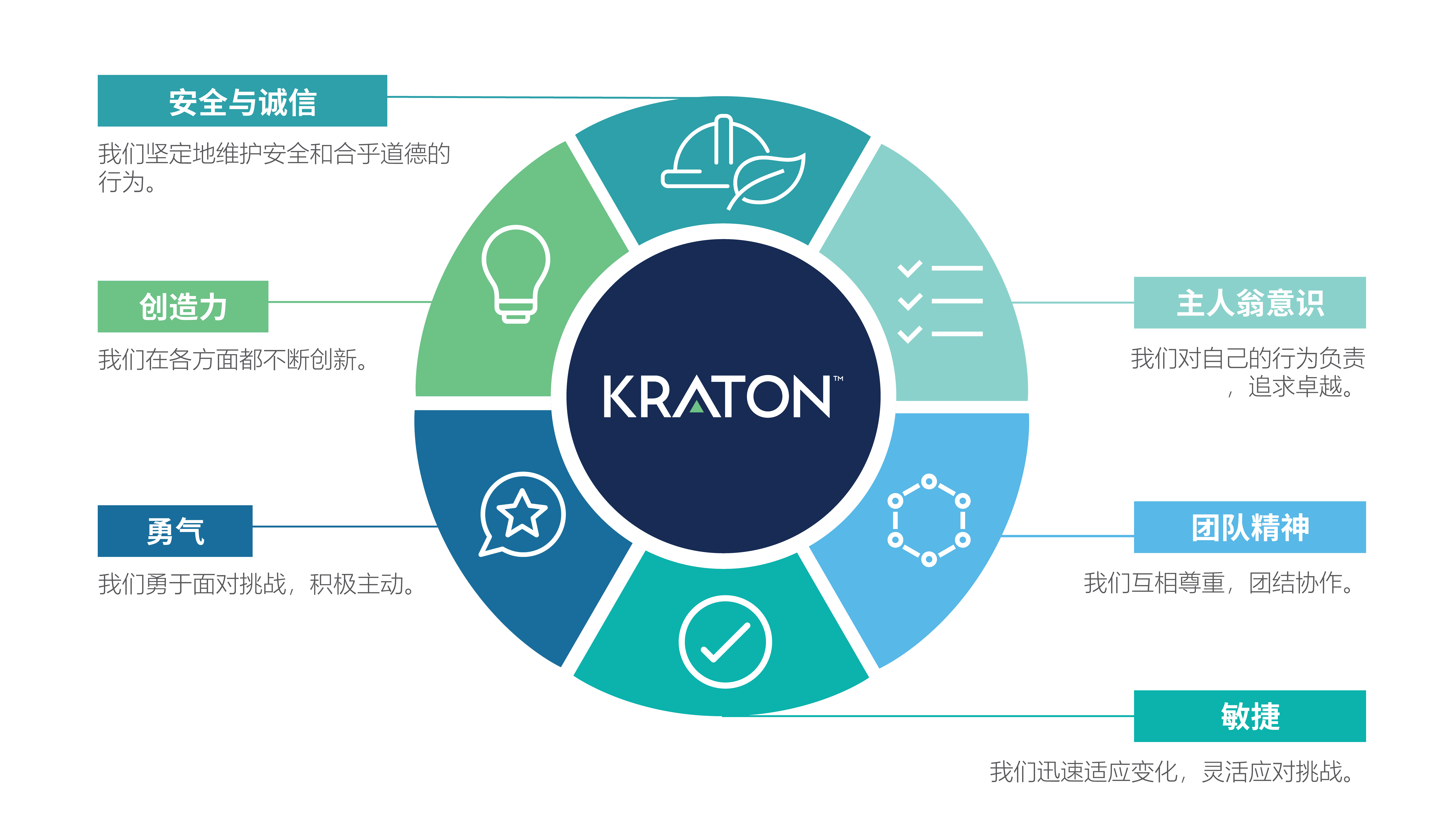

STAKEHOLDER EXPECTATIONS
Our approach includes remaining sensitive to the needs and expectations of our stakeholders when designing sustainability initiatives that address, mitigate, or avoid risks and create long-term value
Customers
Seek sustainable solutions that enable them to improve their production processes and end products’ sustainability.
Regulators and Communities
Expect reduced environmental and social impacts, more ambitious climate mitigation measures, and increased transparency on sustainability management systems. Their expectations for contributing to global challenges are increasingly captured in the tightening of the policy and regulatory environment.
Employees
Expect their employers to be ambitious and develop practical sustainability programs that show the company is working to become more sustainable.
We ensure our sustainability strategy and reports integrate and align with various sustainability and reporting frameworks including:
The United Nations Sustainable Development Goals (SDGs) define the global ambition for sustainable development. Kraton has identified six SDGs we can play a prominent role in today and in the future.
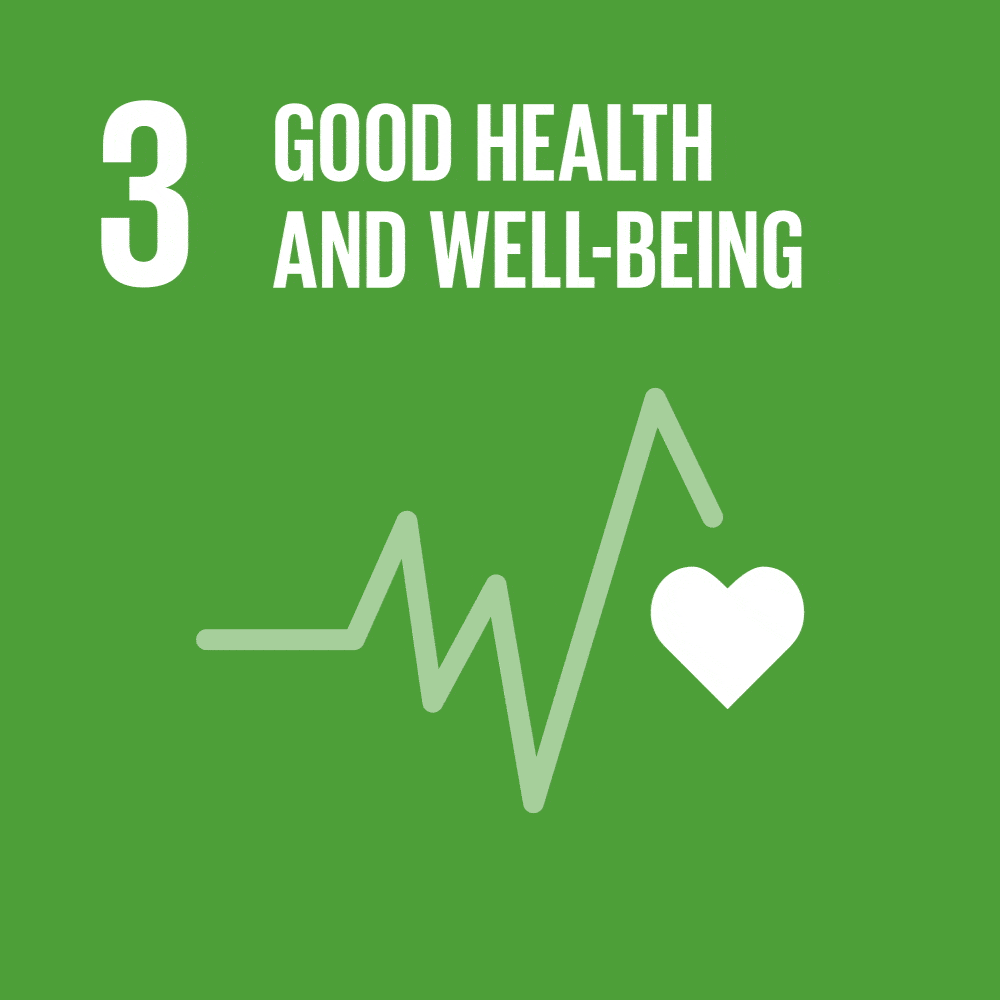
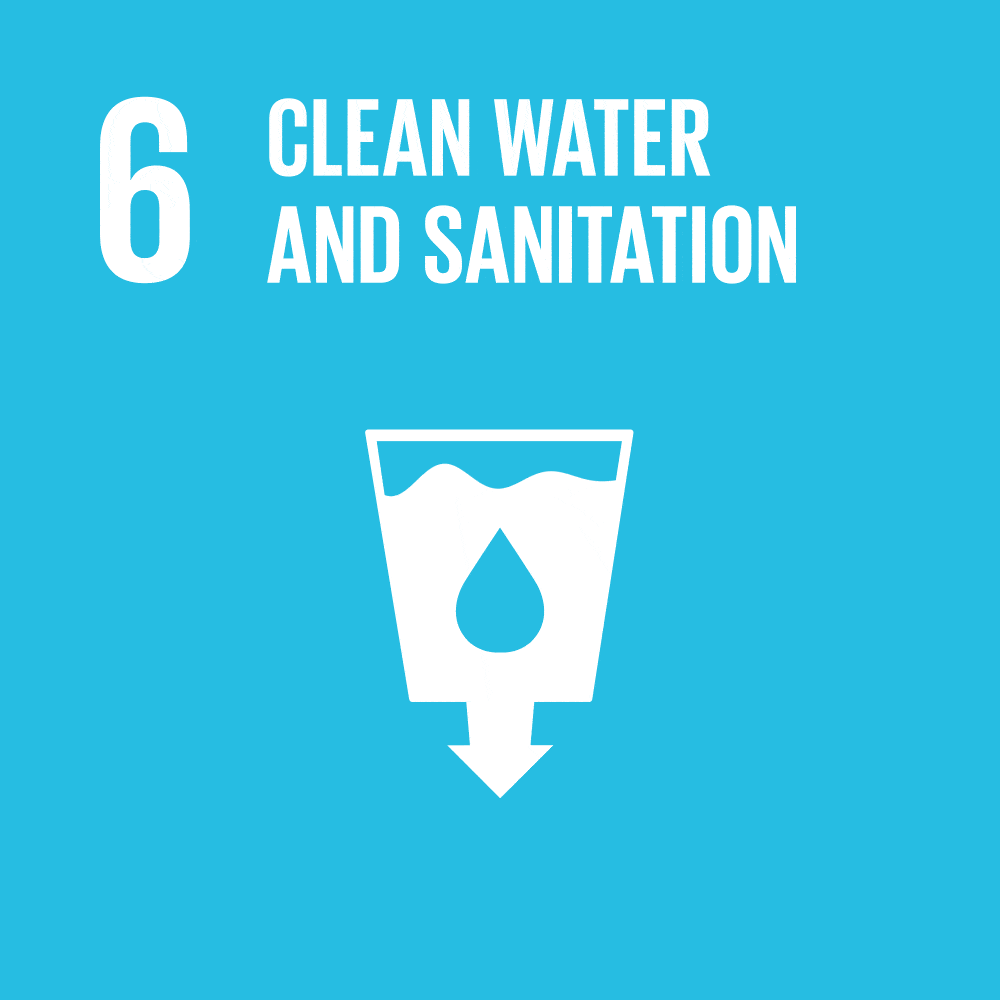
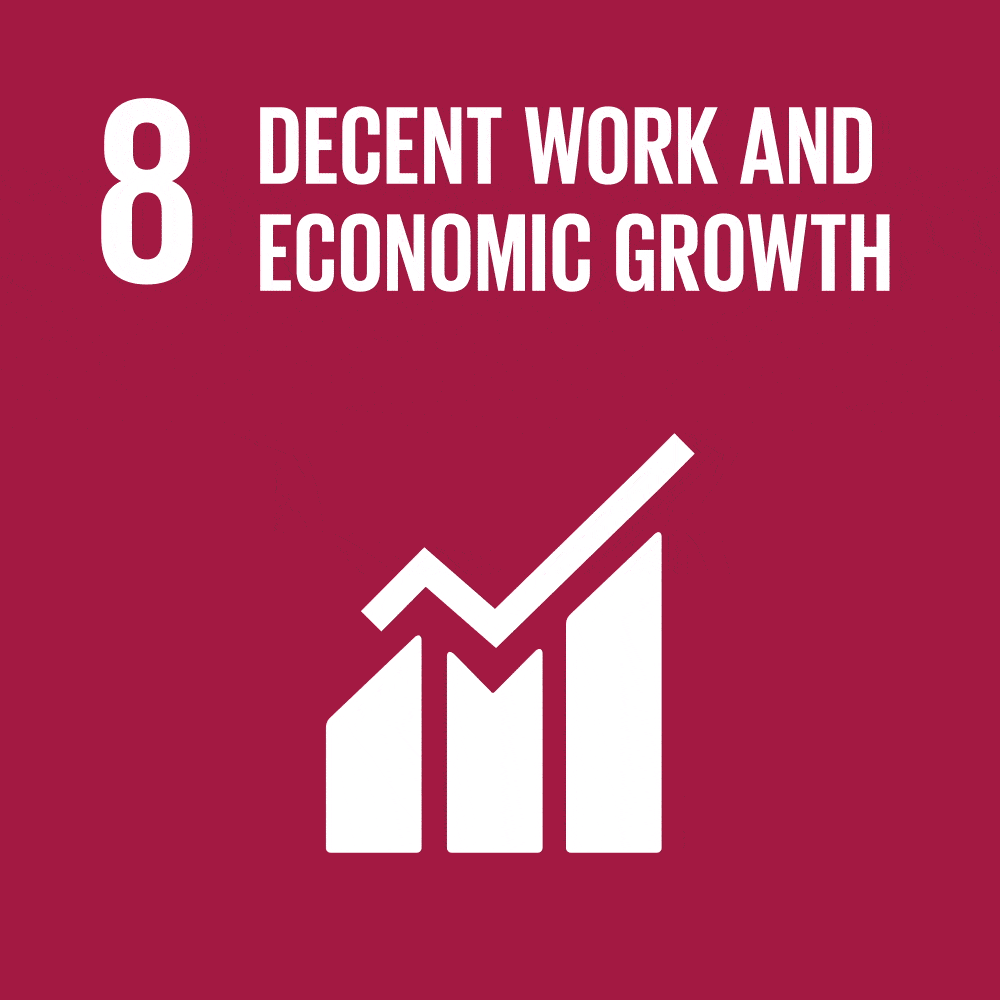
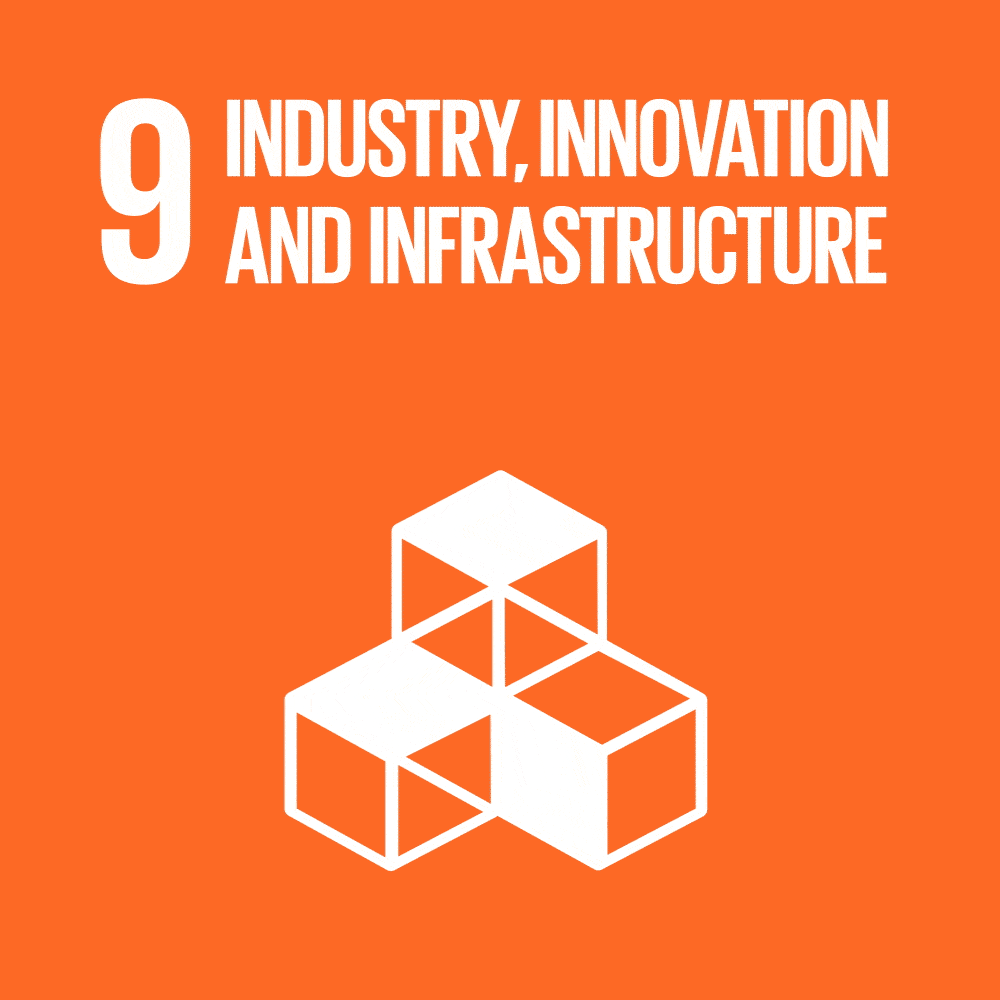
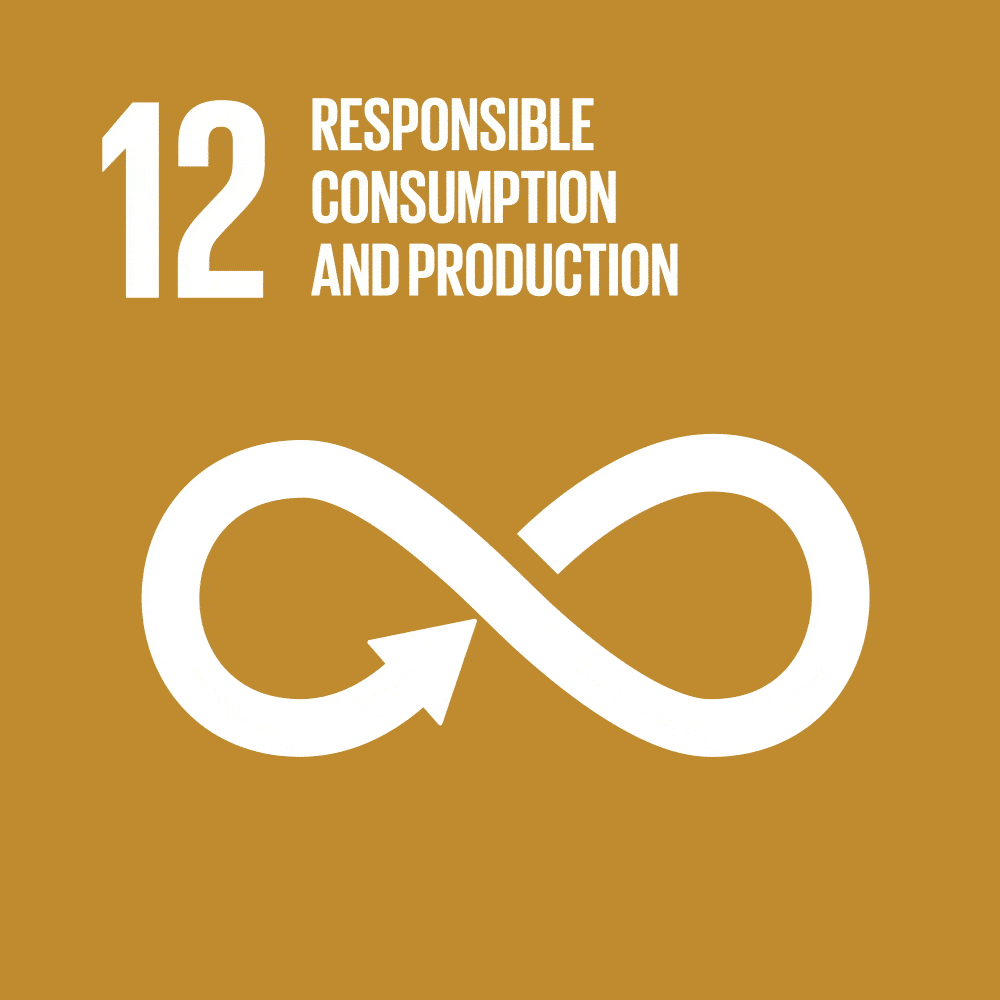
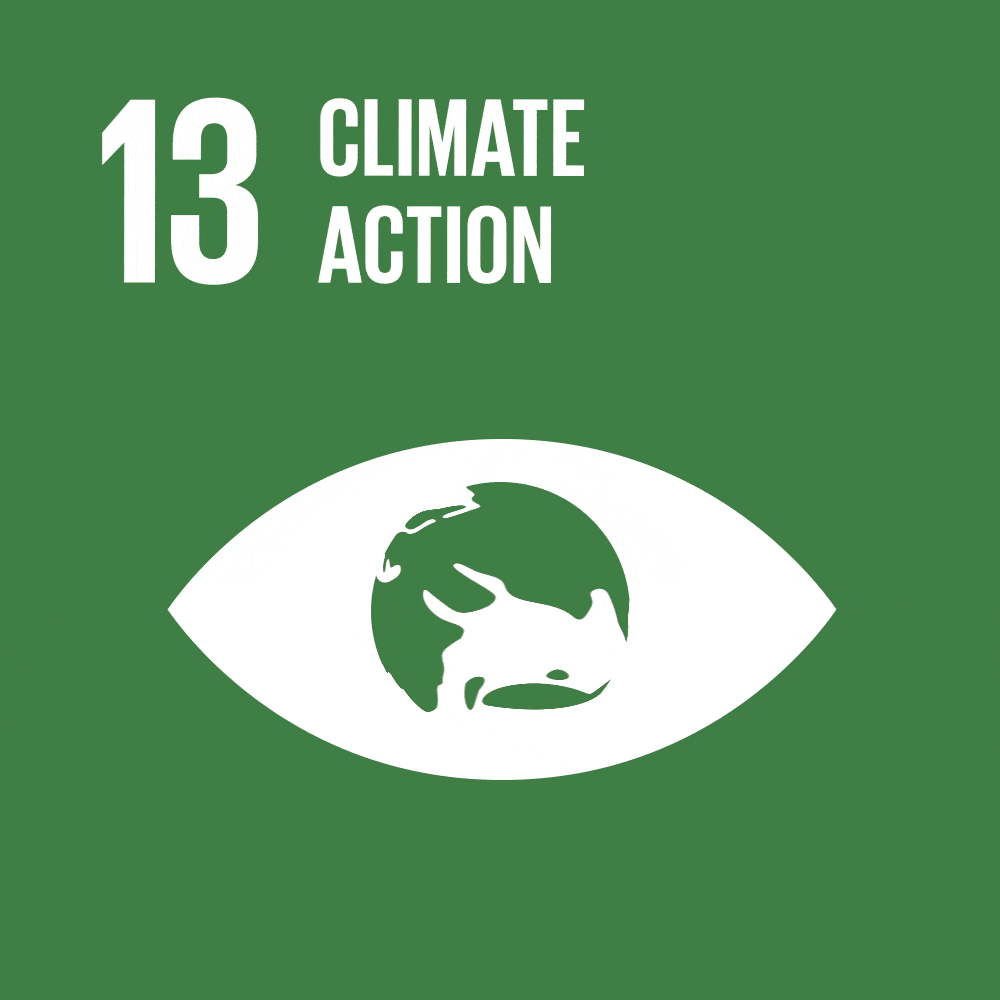
Risks are present in all business activities. Well-managed risks add value to a business and provide opportunities. Kraton’s senior leaders identify and assess risks and evaluate their impact continuously. This assessment is an integral part of the company’s Enterprise Risk Management (ERM) process where risks are evaluated and prioritized based on the likelihood of occurrence and the potential severity of impact. The ERM process is facilitated by the Internal Audit department, which reports to the Board’s Audit Committee. The Audit Committee assists the Board in fulfilling risk oversight responsibility.
Sustainability risks are evaluated as part of the ERM process. We manage these risks through our Sustainability Council, which comprises company senior executives. Our Board delegates sustainability oversight at the board level to our Nominating, Governance & Sustainability Committee, which receives periodic progress reports. Material topics include:
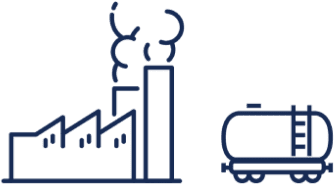
Upstream
Increasing Responsible Procurement
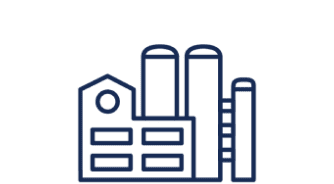
Our Operations
Sustainable Governance
Carbon Emissions
Energy Intensity
Waste Management
Spills Management
Water Consumption
Health & Safety
Diversity & Inclusion
Community Engagement
Life Cycle Assesements (LCAs)
Downstream
Product Sustainability
Product Safety

